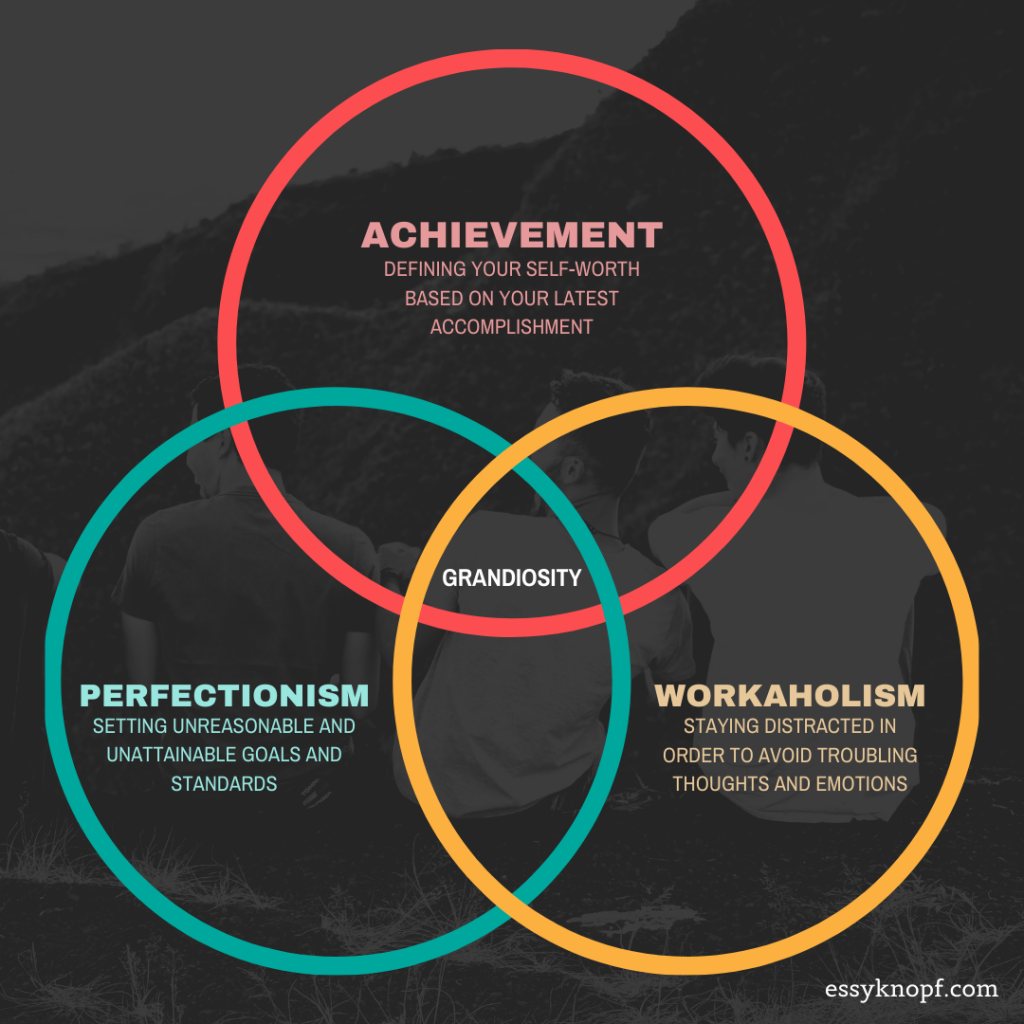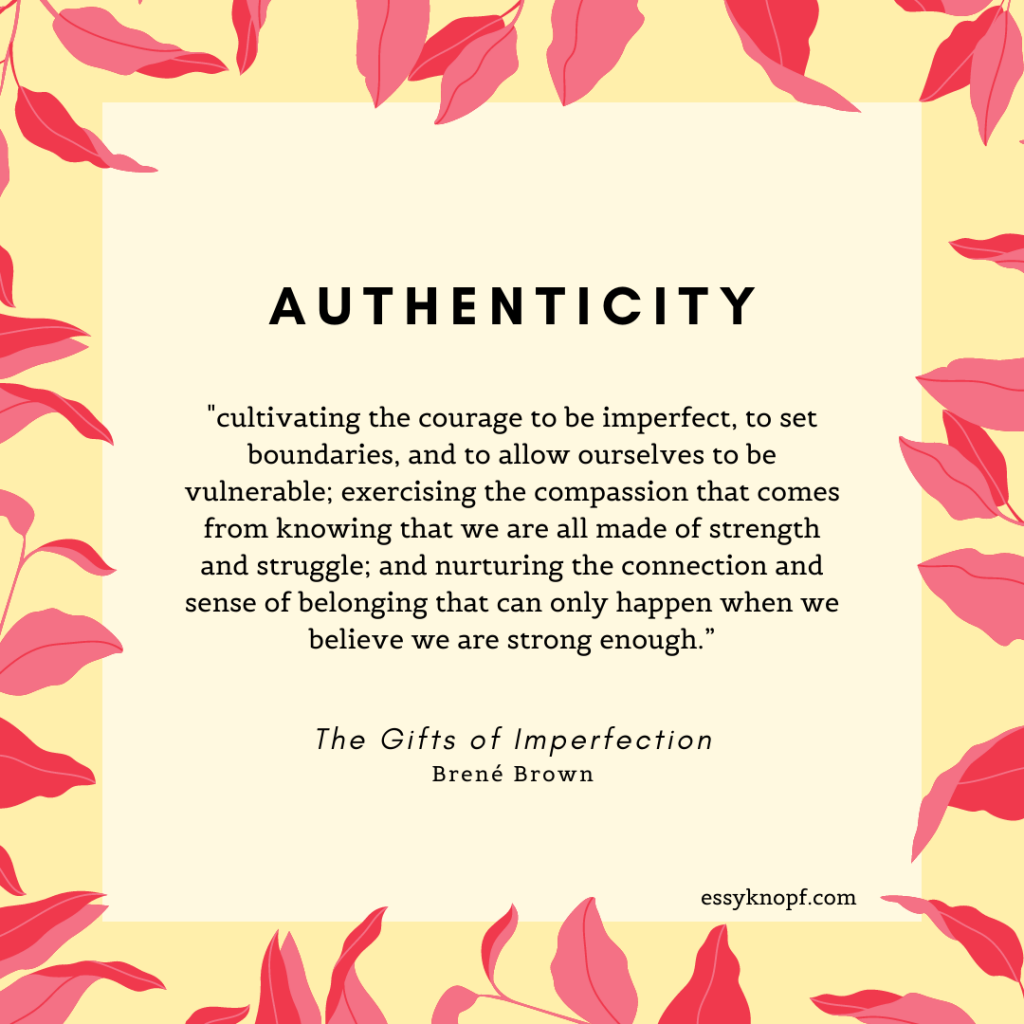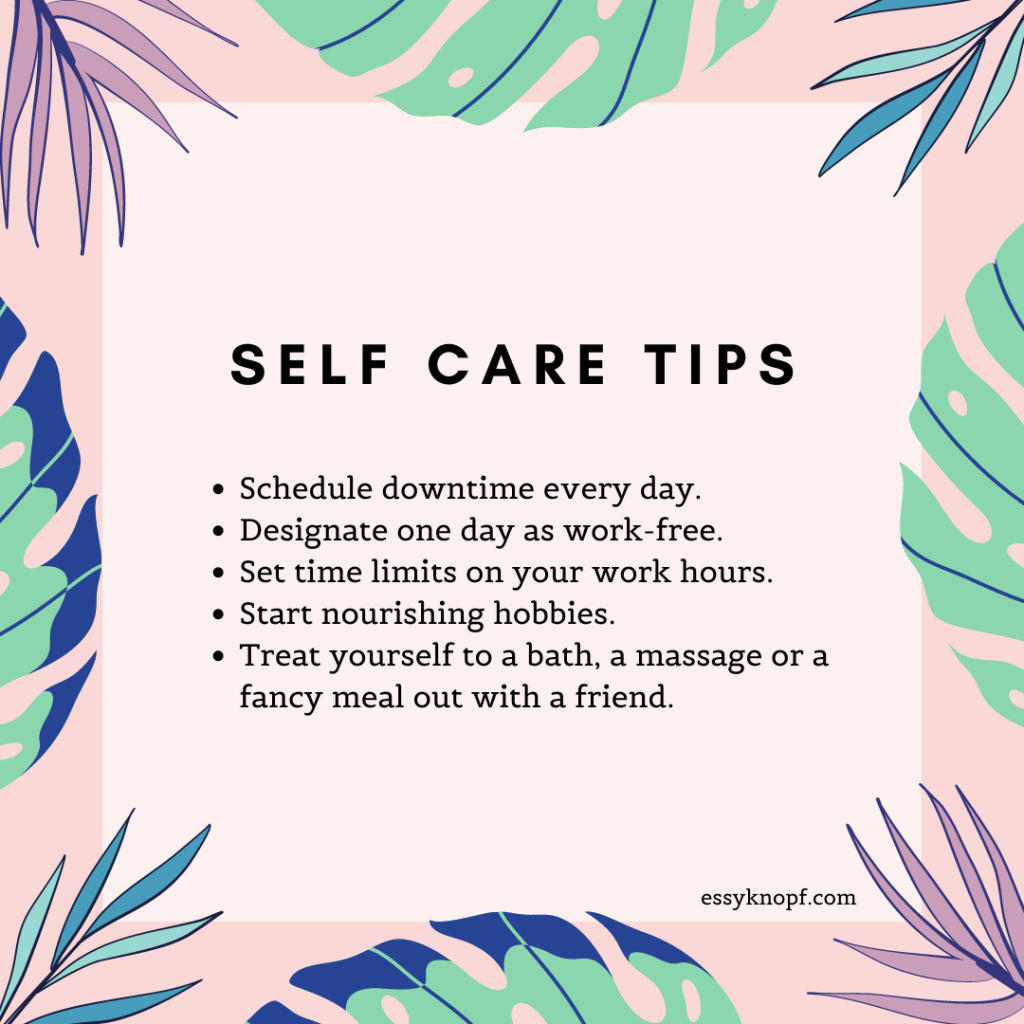Throw off the shackles of depression and loneliness. Embrace your authentic gay identity.
Well before I came into my gay identity, a man approached six-year-old me at the park and called me by a word I’d never heard before.
“You dirty little wog,” he said, apropos of nothing.
My dad overheard this and stormed over, executing some kind of judo move. Next thing the stranger was lying flat on his back—instant comeuppance I might have reveled in, had I recognized the racist insult for what it was.
This was my first real experience of prejudice, but it was by no means my last.
Growing up in small Australian towns, I was aware of the constant undercurrent of homophobia, xenophobia, and ableism. You’d catch it in the way people would weaponize words like “r*****d”, “s*****c”, “gay” and “special”.
Then there were the charming portmanteaus people would make of my name and those of infamous political figures, Osama bin Laden and Saddam Hussein.
As a gay Middle Eastern kid with autism, I was subjected to more than my share of the nastiness.
In high school, some bullies caught me reading a play on the bus and branded me a “f****t”. I had a plastic water bottle thrown at my head.
In order to survive, I hid. By spending my lunch hours in the library reading and not talking to my classmates, I made myself a smaller target.
All the while, I secretly plotted my revenge. One day, I told myself, I would grow up to be someone very BIG and IMPORTANT and SUCCESSFUL—and then I’d show them.
The grandiosity I dreamed of would be the panacea to my feelings of being inferior.
Holding fast to my belief that I was someone important, I vowed to defy my bullies; to prove that I was inherently better. It was a thin veneer for my battered self-esteem and the shame of being different.
Table of contents
When grandiosity overtakes authenticity
For the remainder of my school years, I adopted a fierce work ethic. When I graduated, I was a straight-A student, at the top of several classes.
I was pleased—but I was not vindicated. And so, I labored on, well into my adulthood, abandoning my authentic gay identity.
I lost any concept of downtime. Weekends and holidays were sacrificed in pursuit of lofty goals and ambitious projects.
I accrued degrees, traveled the world, relocated several times, wrote multiple unpublished books, and released a feature documentary. Still, it was not enough.
My way of surviving had become my way of living. The world, as a result, had grown hopelessly grey, while I had become a prisoner at the mercy of an inner critic, whose voice was that of ancient bullies.
In an attempt to manage my depression, I would work around the clock for months on end, before the anxiety driving me gave out and I crashed.
The all-consuming preoccupations of grandiosity would flip into depression, then back again to grandiosity.
While trying to dig myself out of a serious bout of suicidal ideation, I was finally forced to accept that I was trapped in a cycle, one that was only getting progressively worse.
This survival mechanism had paradoxically created conditions ripe for self-destruction.
In the words of Self-Compassion author Kristin Neff, “Feelings of shame and insignificance can lead to a devaluing of oneself to the extent that it even overpowers our most basic and fundamental instinct—the will to stay alive”.
This, unfortunately, is a reality for many gay men. Pressured by society to reject our authentic gay identity, our lives are overshadowed by an enduring sense of worthlessness.
Gay men and depression
In I Don’t Want to Talk About It, a book detailing the silent epidemic of male depression, author Terry Real explains that as boys, we are socialized to split-off so-called “feminine” traits of emotional expressiveness and vulnerability.
We are told to turn away from the nurturing care of mothers, from our own emotions, and from the help of others. Instead, we are coerced into embracing a limited and perfectionist form of masculinity.
But this masculinity is not a state of being, so much as a kind of membership that is at constant risk of being revoked.
Given the widespread prejudicial association of being gay with femininity, we as gay boys in this sense are at particular risk of judgment, ostracism, abuse, and harm.
In most cases, we have no choice but to repress our shamed non-heteronormative identities.
Cut off from our emotional selves and the nurturance that is so critical to our flourishing, all boys suffer a form of passive trauma, which—if left unaddressed—can lead to covert depression.
Our inability to seek the help we need, to soothe ourselves in times of distress, combined with the pressures of conforming to an impossible ideal and the shame of not measuring up, inevitably forces us to seek relief.
So we turn to addictions such as drugs and drinking, or behavioral or “process” addictions like sex, gambling, food, video games or exercise, or the “performance-based esteem” offered by grandiosity.
What is grandiosity?
Grandiosity is a way of coping with the loneliness and grief of self-alienation. It can wear many faces, including those of achievement, perfectionism, and workaholism.

Grandiosity is, in essence, the flip side of depression, and many of us spend our lives alternating between the two, with devastating effects.
The link between grandiosity and depression was first highlighted by Alice Miller in her book The Drama of the Gifted Child, and later, by Alan Downs in The Velvet Rage.
In The Velvet Rage, Downs outlines the struggles gay men face in the course of ignoring or silencing their emotions.
When we fail to investigate and integrate them into our gay identity, we are essentially “foreclosing” on our conferred identity as victims (to borrow a term by James E. Marcia).
We become trapped in a narrative that is not of our own making.
While grandiosity may anesthetize us against pain in the short run, whatever relief we might find comes at a cost.
Afraid that the ground might fall out from under us, we become dangerously addicted to chasing even more grandiosity.
The pursuit of meritocracy is further fueled by the belief that we live in a world where all hard work is rewarded, and effort makes all dreams possible.
This belief, however, can be dangerously deceptive, as philosopher Alain de Botton points out in his excellent TED Talk.
Adding weight to the desire to distinguish ourselves is “somebodyness”, a term coined by spiritual teacher Ram Dass.
“Somebodyness” refers to the popular Western belief that we are destined to one day be “somebody”. It fosters the idea of individual exceptionalism.
While these ideas can be motivational, for the grandiose gay man, they may lead him to view success and recognition as the only true measure of his self-worth.
When he fails to constantly achieve, he is thus likely to blame himself, to the exclusion of all other factors, thus denying himself the right to self-compassion.
In seeking external validation rather than internal validation, we grow increasingly distant from our authentic selves, which further reinforces the pursuit of grandiosity.
It is crucial therefore to recognize the role grandiosity is playing in stopping us as gay men from breaking harmful patterns and achieving true healing.
Authenticity = healing
Brené Brown in her book The Gifts of Imperfection describes authenticity as “the daily practice of letting go of who we think we’re supposed to be and embracing who we are”.
For Brown, authenticity involves:
- “cultivating the courage to be imperfect, to set boundaries, and to allow ourselves to be vulnerable;
- exercising the compassion that comes from knowing that we are all made of strength and struggle; and
- nurturing the connection and sense of belonging that can only happen when we believe we are strong enough.”
Thus, before we can achieve the true healing and self-acceptance offered by authenticity, we must first reclaim our split-off emotional selves.
Here are a couple of suggestions I have found helpful on my own journey:
1. Stop running from your gay identity
Our recovery depends upon our willingness to be self-aware. Self-awareness for me is a process of connecting the dots: we come to devise a clear story about how our past experiences have influenced our present circumstances.
Daily journaling and meditation help foster conditions for self-reflection. Two books I have found helpful for facilitating journaling are Jen Grisanti’s Story Line, which is designed for screenwriters but is nevertheless helpful, and Katherine Woodward Thomas’ Calling in “The One”.

It is through the process of excavating buried experiences that we will start to identify with our painful emotions and understand why and how we have repressed them.
These “Aha!” moments help bring into better focus the sources of our grandiosity. They enable us to reconnect with our authentic gay identity.
2. Do a cost-benefit analysis
Once you’ve identified why you might be driven towards grandiosity, draw up a simple cost-benefit analysis.
At the top of a page, write the habits or behaviors you are grappling with. Then create two columns below, one labeled “Advantages”, and the other “Disadvantages”.
Now grade both columns out of a shared pool of 100 points. Is it a 50-50 split? 60-40? 30-70? Your honest assessment should give you a good idea of whether it might be time to revise your grandiose habits.
You can find a sample version of a CBA by Feeling Good author David Burns here.
3. Face your depression
In order to reclaim our emotional authenticity, we have to surrender our addictive defenses, such as grandiosity, re-identify with the injured parts of ourselves and reject our entrenched sense of shame.
We do this by allowing our covert depression to surface as overt depression; by embracing the emotions we have long suppressed. It is by doing this that we reclaim emotional authenticity.
In the words of author Terry Real: “Depression freezes, but sadness flows. It has an end”.
This transformation can be achieved with the kind of corrective experiences offered by a therapist.
Through their support, we learn to “reparent” ourselves: to reconnect with our split-off emotions, and to employ self-soothing in times of distress.
4. Reprioritize self-care
Alongside self-soothing, we must also learn to employ regular self-care. A common belief with grandiosity is that your health, well-being, and happiness should never come first.
You can combat this perception by practicing self-care as a matter of priority. Consider:
- Scheduling at least an hour of downtime every day.
- Ensuring at least one day of the week is designated work-free.
- Set time limits on activities you know lead you towards grandiosity.
- Start self-nourishing hobbies like reading, gardening, or hiking.
- Treat yourself to a bath, a massage, or a fancy meal out with a close friend.
Embrace your authentic gay identity
Ultimately, your journey towards wholeness can only happen if you are willing to accept that the promises of grandiosity are ultimately flawed.
You won’t prosper by them—not at least in the metrics that truly count. Nor will you feel better about yourself in any enduring or substantial way.
And the independence you achieve through grandiosity is a fallacy because it by its very nature demands your dependence.

We are social creatures. Relationships with others are crucial to our sense of wholeness. And to love and be loved requires that we first be vulnerable. It necessitates interdependence.
So rather than clinging to some much-vaunted masculine ideal, we would be better served by embracing our authentic, vulnerable gay selves, rather than allowing ourselves to be defined exclusively by our achievements.
Dismantling long-held ways of living is not an overnight process. But next time you catch yourself grappling with the inner critic, treat it as an opportunity to call grandiosity out on its crap—and to start being that little bit kinder to yourself.
Takeaways
- Reconnect with your authentic gay identity through journaling.
- Conduct a CBA of your current “survival tactics”.
- Employ the help of a qualified professional to address your covert depression.
- Make self-care a daily habit – starting from this very moment.

Essy Knopf is a therapist who likes to explore what it means to be neurodivergent and queer. Subscribe to get all new posts sent directly to your inbox.
© 2025 Ehsan "Essy" Knopf. Any views or opinions represented in this blog are personal and belong solely to the blog owner and do not represent those of people, institutions or organizations that the owner may or may not be associated with in professional or personal capacity, unless explicitly stated. All content found on the EssyKnopf.com website and affiliated social media accounts were created for informational purposes only and should not be treated as a substitute for the advice of qualified medical or mental health professionals. Always follow the advice of your designated provider.


